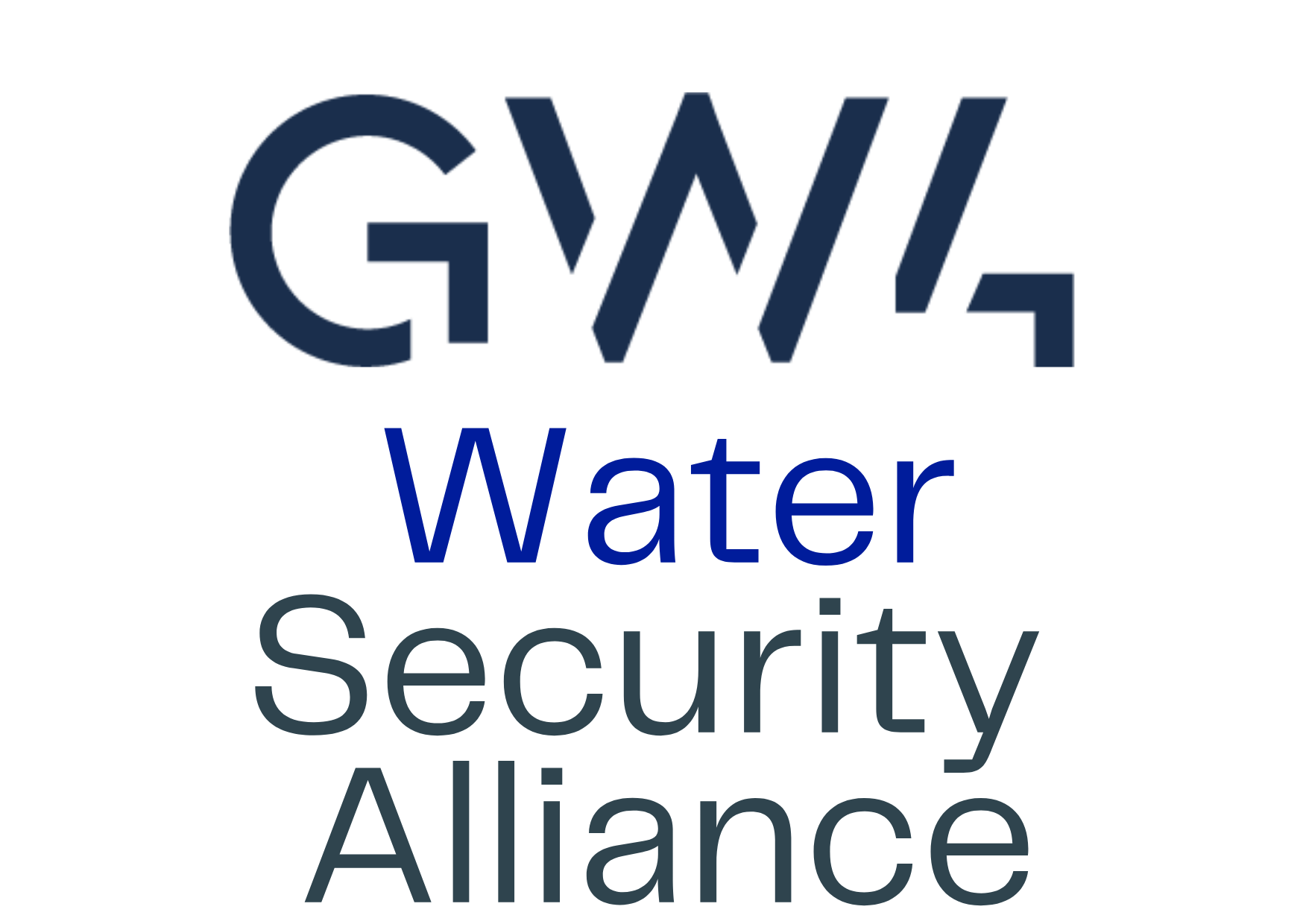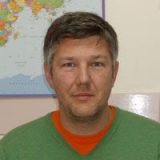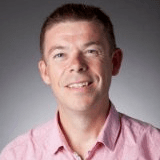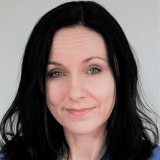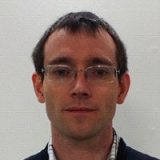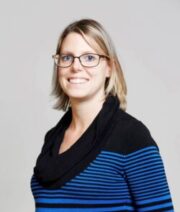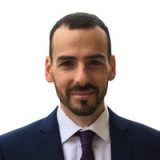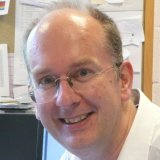Jonathan’s expertise covers heterogeneous catalysis and the design and synthesis of mixed oxide materials for use as catalysts and supports for different reactions. His research is mainly focussed on oxidation reactions including developing microwave catalysis to remove pollutants from water.
philip davies
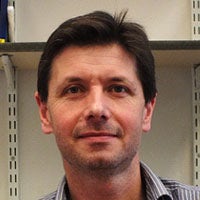
Philip’s primary interest is understanding how a surface can modifies or direct a chemical reaction. Work has been concerned with understanding the reactions of molecules at surfaces characterised both chemically and structurally at the atomic level. Other aspects of our work include studying the mechanism of photocatalysis.
Christopher Frost
Christopher’s research involves creating new chemical tools for catalysis and biosensing.
Barbara Kasprzyk-Hordern
Barbara’s research focuses on environmental pollution, environmental epidemiology, water quality/water treatment and analytical chemistry. Barbara is particularly interested in water pollution and novel technologies used to decrease contamination of water. Recent interests are related to urban water and human epidemiology.
Ben Ward
Ben is an inorganic chemist with an interest in organometallic chemistry and homogeneous catalysis, especially when applied to polymer formation and degradation. He has particular expertise in the development and understanding of catalysts using Earth-abundant metals, using a combination of experimental and computational methods.
Charlotte Lloyd
Charlotte’s research is driven by a passion to address key questions surrounding the origins and fate of human and agricultural wastes in terrestrial systems, particularly in relation to their delivery from land to water bodies. Her work spans a wide variety of scales ranging from chemical, physical and biological processes ultimately integrated to the catchment level.
Her approach is to use cutting-edge analytical techniques, including molecular scale chemistry to trace hydrological and sediment pathways and to enhance understanding of the transport of organic nutrients and anthropogenic organic compounds in the environment. To date work has focussed on the impact of inputs from agriculture, such as fertilisers and other human contributions, including sewage treatment works. She uses both laboratory experimentation and field data collection and data modelling techniques, as this offers unique opportunities for exploring the impacts of various agricultural practices on the environment.
Alberto Roldan Martinez
Alberto’s research is based on computer simulation linking materials composition and atomic structure to the reactivity of relevance to chemistry and sustainable industry. He is particularly interested in the recovery and utilisation of chemicals in wastewaters.
Frank Marken
Frank’s research involves electrical chemistry and exploring the use of new materials. He also studies porous polymers / membranes to enable ion transport. Frank focuses on biological membranes and researching and mimicking their operation. Frank also work on desalination and the use of energy to remove salts.
